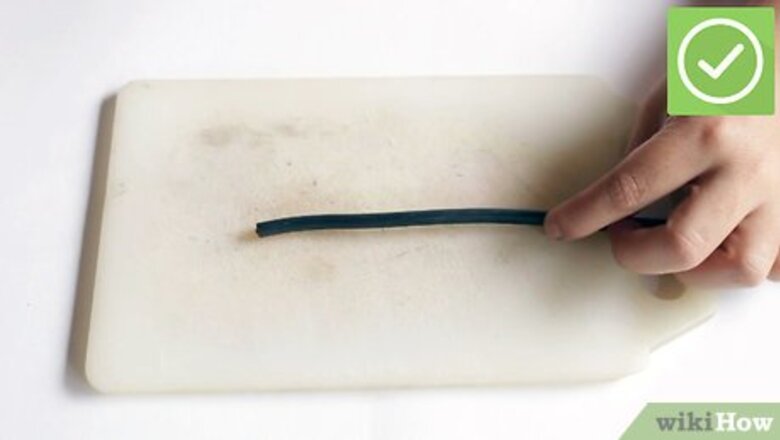
views
Stripping the Wire with a Knife
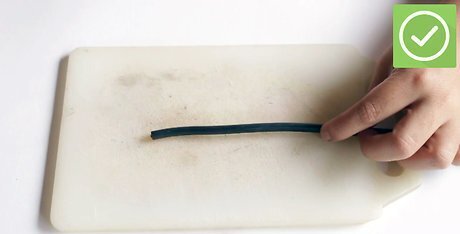
Place the wire on a flat working surface. Place the copper wire onto a flat surface that won't be damaged by a knife, like a cutting board. You'll be cutting into plastic, and the knife will likely cut into whatever surface you're working on.
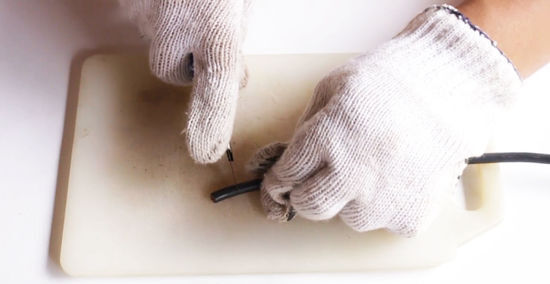
Make a slit into the plastic casing around the wire. Use a fine cutting tool like a razor blade to make a slit in the plastic casing that's around the wire. You can also use a wire stripper or pliers with a blade. Make a slit that goes completely around the casing of the wire. Use thick gloves to avoid cutting yourself when cutting the copper wire. Be careful not to cut all the way through the copper wire when you cut the casing.
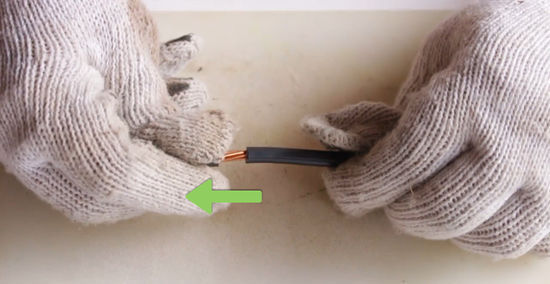
Separate the plastic from the copper wire. Slide the casing that's been cut and remove it from the copper wire. You should be able to separate the plastic portion from the wire by pulling on it. If there are portions of the plastic that aren't coming lose, go over them with a razor blade again.
Stripping the Wire by Boiling
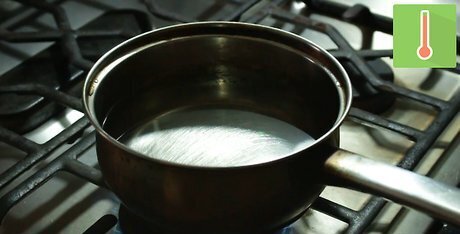
Fill a large pot up with water. Use a deep pot that's large enough to accommodate all your pieces of copper wire. Set the pot on the stovetop and set the heat to high. If you don't have a large pot you can boil your wires in batches.
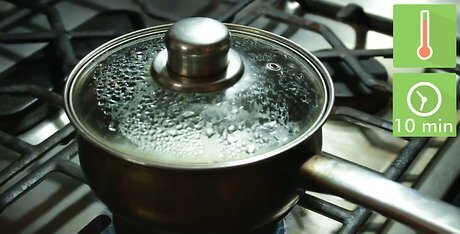
Boil the copper wire in water for 10 minutes. Bring the water to a rolling boil. Carefully place your wires into the pot with the plastic casing still attached. The heat will warm up the plastic on the wire and make it easier to remove. Never burn your copper wire casing. It hurts the environment and reduces the value of your wire. Use thick gloves when handling hot metal.
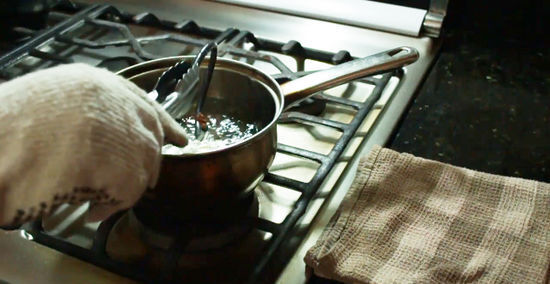
Remove the wire from the water using tongs. Turn off the stove and remove the copper wire from the water using the tongs. Place the wire on a rag or paper towels, but don't let them cool down too much.
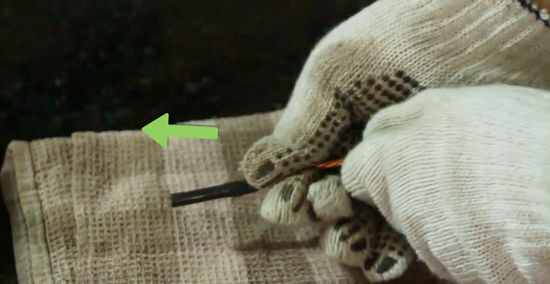
Pull the plastic casing away from the wire. It's important that you don't allow the plastic to cool or else it won't be soft enough to pull apart. Simply grab onto on end of the soft plastic and pull it away from the copper wire. If it's hot enough, it should slide off.
Removing Corrosion
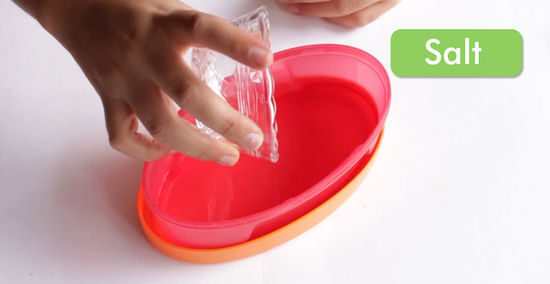
Add 1 tablespoon (17.06 g) salt and 1 cup (236.58 ml) vinegar to a bowl. Salt and vinegar can help clean off any tarnish or corrosion that remains on your copper wire. Mix the solution together until the salt is well incorporated with the vinegar.
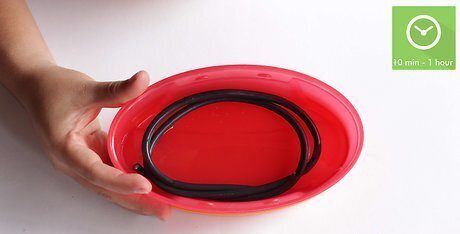
Allow the wire to sit in the solution. As the wire sits in the solution, the corrosion should loosen on the wire and make it easier to scrub off. Let the wire sit in the solution for anywhere between 10 minutes up to an hour.
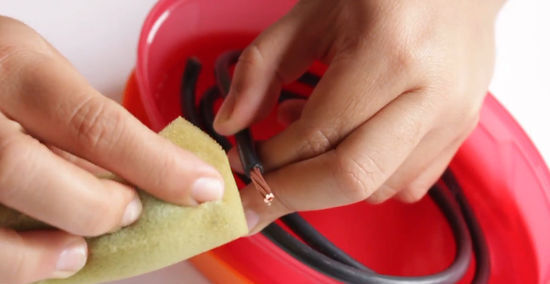
Scrub the wire with a nylon brush or sponge. Remove the wire from the solution and place it on a flat surface. Use a nylon brush or a dish sponge and use the solution to wash the wire. The salt should act as an abrasive that can aid the process of removing corrosion.
Rinse and dry your copper wire. Use your faucet to run cold water over the wire after you've scrubbed it with the solution. Once all of the solutions is off the wire, pat it down with a cotton rag. Moisture is the leading cause of copper corrosion, so be sure to dry the wire thoroughly.
















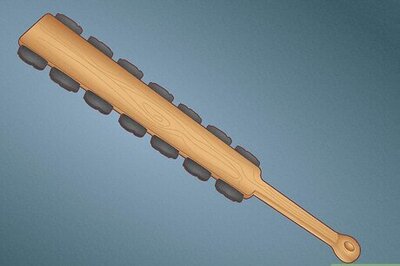
Comments
0 comment